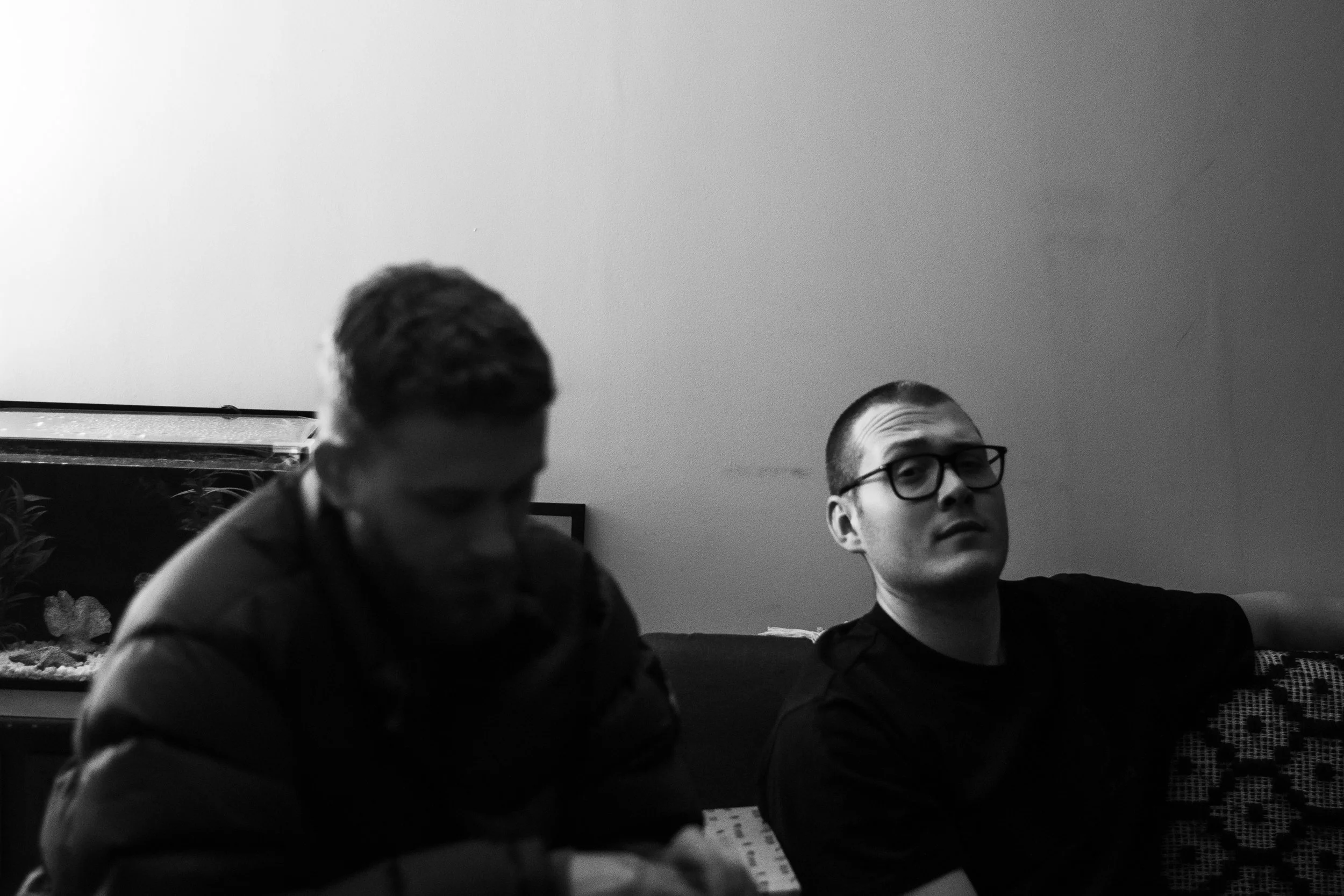Profanity
I’ve used the word fuck or variations of it in almost every context imaginable, and I’m willing to bet you have too. The concept of swearwords being taboo is something I consider not only redundant but just bizarre. We’re constantly overwhelmingly overexposed to all facets of life, be it human rights atrocities, corruption, or even laughter. We’ve become numb to all of it.
Upon scrolling through BBC News, I could be bombarded with attempted terror attacks, drowning migrants, and climate crises on any given day, yet it barely registers. However, I casually toss “fuck that” in response to someone, and there could be uproar.
It’s for good reason I highlight the word fuck in particular. To me, the word fuck has taken on a spiritual meaning. It’s a universal language you can use to communicate any emotion, thought or feeling. Furthermore, anyone can understand it.
Try and tell me the last time you heard someone scream “fuck”, you didn’t instantly feel their pain. Tell me you haven’t responded “fuck yeah” when someone offers you an opportunity too good to miss. And forgive yourself for innately uttering “fuck” next time you’ve been sexually gratified.
Russell Simmons once said a phrase that resonated with me “words only have the value you assign to them”.
Admittedly, the music mogul was referring to a notorious racial slur, but his point carries weight across language. Russell continued to add that he would never introduce himself to someone by saying, “whatsup my faggot?” because there was no positive interpretation.
At that moment, he identified the differentiator between the swears I adore and the slurs I detest. Instantly it dawned on me. I can and have used shit to convey exceptionally positive or negative reactions, and it turns out “you good little cunt” can be quite an affectionate phrase.
However, one curse’s utterance always jars me, wanker. Even its derivative, wank, doesn’t roll off the tongue as freely as I’d like. It still troubles me, though I think I’ve identified the problem.
All profanities should be one syllable. Their use should be so primal and subconscious that the word itself is merely a reaction, flawlessly capturing an instant. These phrases are of their moment and not for preservation.
If the utterance becomes too long, it loses some of its gravitas. I distinctly remember being with my brother as he practised rugby kicking one Saturday afternoon. My dad was behind the posts returning each attempt, and with his eyes fixated on the incoming ball, he was completely unaware of where he was stepping.
Next thing we know, dad’s hit the deck, legs scythed from beneath him as one foot slipped down a rabbit hole. “Fucking bollocking shit,” while I’ll never forget those words, I hope to never hear them again in that order.
As far as I’m concerned, swears are not supposed to garner a reaction. They are the reaction. The Eminem lyric “I only cuss to make your mom upset” comes to mind. Marshall humorously teases the audience but at the same time admits his profanity is all an act intended to offend.
We sit at the opposite end of the spectrum. I wholeheartedly apologise if any of the language in this article or on the Open Roast site upsets, insults or affronts.
Nevertheless, swears are a fundamental aspect of human dialect, epitomised by their use throughout every language. So next time you catch yourself swearing in a place you feel you shouldn’t, don’t question why? Instead, ask what the word’s intentions were? Your conscience will feel cleaner for it.




